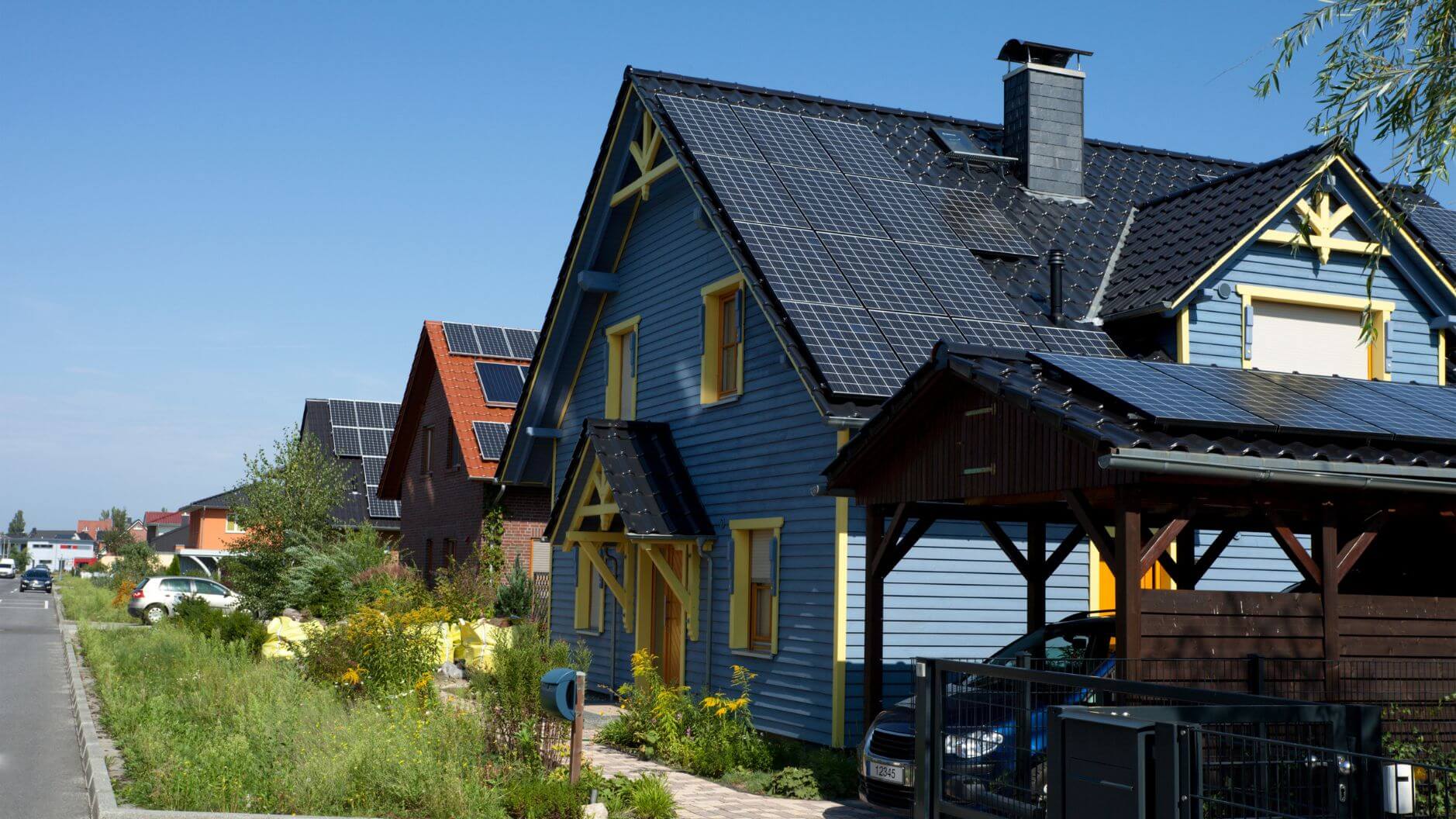
Solar panels can provide various advantages to both the environment and homeowners, but the decision of whether they are worth it or not depends on individual circumstances. Consider these factors when deciding if solar panels are a good investment for you:

Installing solar panels on your home can provide numerous benefits such as lowering utility bills, reducing carbon footprint, and increasing the value of your property. However, solar panels provide numerous benefits for homeowners, including
Solar panels can be a significant investment upfront, but they can provide long-term financial benefits by reducing your electricity bills and potentially increasing your home’s value. The return on investment (ROI) of solar panels varies depending on factors such as location, energy usage, and incentives.
However, if you are still calculating then, It’s essential to consider the financial costs and benefits of solar panels, available solar incentives, and your potential savings to determine if they are worth it for your specific situation.


While solar energy has its advantages, it’s normal to question whether solar panels are really worth the investment. Homeowners may benefit differently from solar energy depending on their location and energy consumption. It is worth exploring the specific types of homes and individuals who benefit most from solar panels.
Homeowners who are eligible for state and federal tax incentives can benefit from installing a solar energy system. Although installing solar panels is an investment, incentives on a state and federal level make it more affordable.
The federal government offers a 30% solar tax credit (ITC) for homeowners, which allows them to claim up to 30% of the total cost of a qualifying solar energy system.
State and local incentives may also be available, making it even more affordable for homeowners to go solar. By speaking with one of our Solar Energy Specialists, you can find out more about the solar incentives that you may qualify for.
Homeowners with high electricity bills may benefit from installing solar panels in their homes. With the cost of electricity rising in the US, solar energy can help reduce utility bills and provide protection against future energy cost increases. If you’re looking to cut electricity expenses, going solar may be a viable option for you.
Net metering is a utility program that credits homeowners for any unused energy their solar panels generate. This could help you save money if your utility company offers net metering.
In addition, homeowners with solar panels and a battery backup can also offset time-of-use (TOU) rates by using excess energy during high-rate periods. This allows them to save on electricity costs during peak usage times, like in the evening.
Electric vehicle owners may benefit from installing solar panels to charge their EVs at home. This could help reduce the cost of charging the car and ensure that they have enough renewable energy for both their home and EV.
Joann Trial, a homeowner in Texas, found that solar panels were worth it for her family. She said ” I deliberately charge my car while the sun is shining and the solar panels are reducing the load on my electrical system. They overproduce and that allows me to send electricity back onto the grid.”
The location of your home is an important factor in deciding whether solar panels are worth it for you. Homeowners residing in areas with ample sunshine, such as Arizona or Florida, are more likely to benefit from solar panels compared to those living in wooded areas with limited sunlight. South-facing roofs are the most suitable for solar panel placement, although solar panels can still work during cloudy weather or in suboptimal conditions.
The lifespan of solar panels varies depending on the type of panel, manufacturer, and environmental conditions. However, most solar panels come with a warranty of 25 -30 years, which indicates that they can last at least that long. With proper maintenance and care, solar panels can continue to produce electricity beyond their warranty period, although their efficiency may decrease slightly over time.

The factors discussed above strongly suggest that home solar panels are a good investment. However, the final decision depends on your specific circumstances. Nevertheless, there are several benefits of going solar, such as
Additionally, the recent increase in the federal tax credit for solar energy systems has made solar more affordable. It’s advisable to seek guidance from a Solar Energy Specialist to make an informed decision about going solar.
